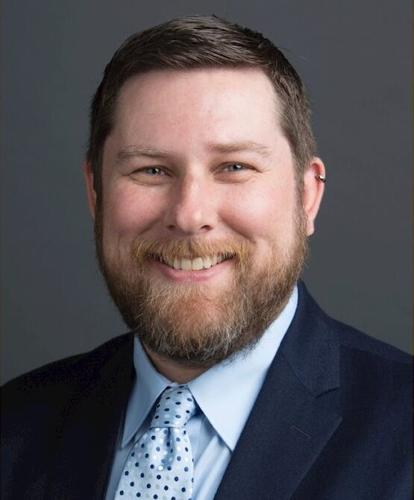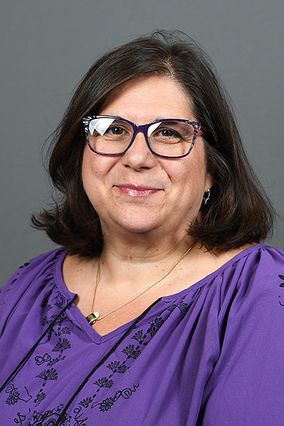For students planning to travel outside of the United States for study abroad or vacation, steps can be taken to reduce health and safety risks.
Here are some tips by University professionals for traveling abroad:
Health:
To stay healthy while traveling abroad, Benjamin Silverberg, professor and medical director of WVU’s Physician Assistant Studies program, recommends that travelers start researching their travel destination and locate a nearby hospital or urgent care in case of an emergency or a routine cold.
Depending on current health issues in some countries, the Center for Disease Control will recommend pre-travel vaccinations or medications to take when visiting. Silverberg said individuals should schedule any necessary vaccinations around six weeks before their departure.
The CDC provides a full list of travel health notices at wwwnc.cdc.gov/travel/destinations/list.
Additionally, Silverberg said individuals should ensure that if they take prescription medications, they bring enough to last the duration of their trip or know of a reliable pharmacy at their destination.
“Planning is going to be one of the major things. There is the risk potentially of counterfeit medications abroad. So, unfortunately, it's not always the best idea to plan to just get the medication elsewhere,” he said.
He also advised students to check whether their medications are legal in the country they are traveling to, as some chronic pain medications may not be. Students can find this information by contacting the destination country’s embassy or consulate.
In terms of traveling with medication, Silverberg recommends that students only carry prescription medication that is visibly prescribed to them and leave all medications in their original containers.
To prepare for emergencies, travelers can create a health information card which Silverberg said can contain information like food allergies, blood type, religious health restrictions and if they experience blindness, deafness, mobility impairments or any other health complications.
He suggested that students with food allergies create a “chef card,” listing their food allergies in English and the language spoken at their destination to prevent miscommunication due to language barriers.
Silverberg also stressed the importance of prioritizing mental health while traveling abroad.
“It may be a question of feeling cut off, homesick, unable to communicate, unable to get the kind of normal or the daily things that you would normally be able to access domestically … Just as there is a culture shock when someone goes to a new culture, there's a reverse culture shock upon returning home,” he said.
For information on preparations for internal travel, Silverberg said individuals can reach out to their primary care physician or WVU’s Travel Medicine clinic at 304-285-7200.
Students can also access information at the International Association For Medical Assistance To Travelers’s website, which provides planning tools and tips, travel health insurance and information on traveling with certain health conditions.
Safety:
Tara George-Jones, WVU Global Affair’s international risk manager, said the most important tip for safe travel is to be aware of one’s surroundings as it is sometimes possible that students may encounter risks like pickpocketing, robberies, protests or political unrest.
“One of the most important things is to be aware of your surroundings and what's going on in the area that you're in. So watch the news … See what they're telling you about the country,” she said.
She recommended that individuals follow the news in the area they are traveling to and review the U.S. Department of State resources about international travel.
The Department of State issues travel advisories cautioning risks for U.S. travelers that can be found at https://bit.ly/49Zg4K6.
It also provides travelers with a Smart Traveler Enrollment Program, allowing them to record their upcoming trip with the nearest U.S. Embassy or Consulate, according to its website.
After enrolling, the department will provide travelers with safety information and updates regarding their trip’s location. Enrollment in the program also helps travelers easily contact the U.S. Embassy and their friends and family in emergencies, according to its website.
Travelers can enroll in the program by visiting https://bit.ly/491TQWP.
George-Jones urged students to utilize International SOS, an international health and security risk management firm.
International SOS provides a variety of tools including safety reports, pre-travel training and 24/7 assistance center hotlines that travelers can use to ask questions, according to its website.
The organization has a mobile app that George-Jones recommends students download to receive push notifications with safety updates.
She advised students to create a document including travel information and an itinerary to leave with a family member or trusted friend that can be used in case of an emergency.
She recommends that students make sure their passports or visas are valid for the time of their travel and that they create copies of their passports and identification cards to take with them.
George-Jones also said students should consider informing their banks of their travel plans to ensure that they can access their accounts while outside of the U.S.
Students who are studying abroad can receive pre-departure information from the Global Affairs Office and can access services by visiting the organization's website.









 WVU's Independent Student Newspaper
WVU's Independent Student Newspaper